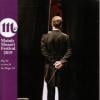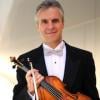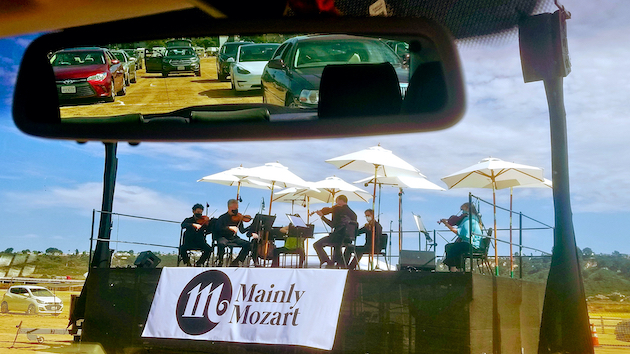
It wasn’t a baseball diamond in the middle of a cornfield. It was a dirt parking lot with a makeshift stage and amplification system adjacent to the Del Mar Fairgrounds and racetrack in San Diego. But for those that attended Mainly Mozart’s pair of drive-in concerts on July 11, it marked a first step in the return of live classical music performance, proving that if you play it, they will come.
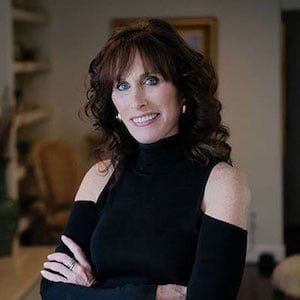
“Thank you so much for being here for our first ever drive-in concert,” announced Nancy Laturno, Mainly Mozart’s CEO. “I can’t tell you how much it means to all of us to have live music back.”
To which the audience (of 70 cars per performance) responded with a jubilant chorus of honking horns.
“This octet program featuring members of the Los Angeles Philharmonic was originally scheduled for April. So it felt fitting to pick up where we left off. But as you can see, we’re in a dirt lot, we’re amplified, we’re socially distanced and the musicians are wearing masks. It’s not the way things are done. But it’s the way things are done right now.”
Miraculously, in just over two weeks the concert had come together despite the loss of its originally announced location. The program had been adapted to pair the originally planned Mendelssohn Octet with Mozart’s youthfully ebullient Divertimento in D Major, K. 136. The musical forces had been recruited, combining Jeff Thayer, concertmaster of the San Diego Symphony, with seven members of the Los Angeles Philharmonic led by their concertmaster, Martin Chalifour. One musician declined the invitation for fear of infection.
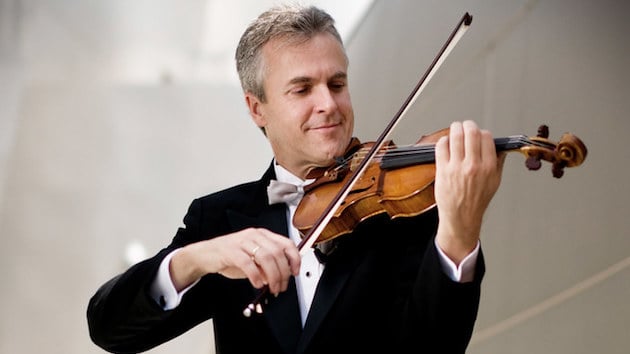
A stage was erected and festooned with umbrellas to shield the musicians from the hot afternoon sun. A fine sound system was installed while members of the Mainly Mozart staff, accustomed to a more traditional concert format, found themselves working as masked parking-lot attendants, directing drivers to marked-off spaces set 10 feet apart. For those who wished to hear the concert on their radio, the performance was simulcast on AM 1640.
“I can’t tell you how much it means to all of us to be on this stage,” Jeff Thayer told the crowd. “It really doesn’t matter what stage we are performing on. This is a unique experience. For four months we have been unable to perform, to do what we’ve spent our lives doing.”
From the moment the first cars made their way into the performance area there was a palpable sense of excitement and festivity in the air — a touch of Woodstock combined with a summer picnic at the Hollywood Bowl.
“It’s quite moving,” Martin Chalifour added emotionally. “This is my first concert in what feels like half a year. And we’re doing it right. We rehearsed with masks at a good bit of distance. It was hot because we were outside. We know people have been very lonely and it’s good to celebrate in this way and do A REAL CONCERT!”
Arrayed across the stage, socially distanced and all wearing masks, Thayer and Chalifour were joined by six members of the LA Philharmonic: Bing Wang (associate concertmaster), Lyndon Johnston (principal second violin), Michael Larco (viola), Leticia Strong (viola), Barry Gold (cello), and Jason Lippmann (cello).
Then it was time for the music, appropriately beginning with Mozart.
By 1772, the year Mozart wrote the Divertimento in D Major, he was a well-traveled 16-year-old phenom. He had lived and concertized in the capitals of Europe, taken in new dimensions of composition (particularly in Italy) and experienced the quality of orchestral ensembles outside his native Salzburg. The three-part structure he chose was a direct reference to his fondness for the Italian sinfonia.
But it was the unbounded sense of youthful optimism that made the Divertimento the ideal choice to begin the concert. And if there were slight audio issues that needed to be ironed out (which they quickly were), a low rumble from the wind in the microphones, or the chattering of a helicopter (all too reminiscent of the Hollywood Bowl), who cared? It was live classical music expertly performed!
Any rust that might have developed during the enforced hiatus, Chalifour said in a phone conversation following the concerts, quickly disappeared during rehearsals. The opening Allegro came trippingly off their bows. The dulcet sweetness of the second movement Andante was like amplified velvet, ending with the energetic contrapuntal delights of the Allegro, to which the audience responded with the first of a series of honking ovations John Cage would have appreciated.
Like the youthful Mozart, Felix Mendelssohn wrote his Octet in 1825 also at the age of 16. But unlike Mozart’s Divertimento, with its multiple point of reference, Mendelssohn’s Octet is imbued with virtuosic compositional originality as the two string quartets form a double choir with a broad spectrum of contrasting voices disciplined by ensemble unity.
The moods of the four movements vary considerably from forceful (in the opening Allegro moderato ma con brio with its boldly stated theme and development), to the languid grace of the Andante, the scampering Scherzo: Allegro leggierissimo, culminating in a final Presto that Arnold Schoenberg described as “a miracle of graceful, tripping, light-as-air writing.”
With their faces shielded behind masks, it was impossible to read the musician’s facial expressions, beyond knitted brows, though one suspects there were an abundance of hidden beaming smiles. And as we enter this brave new world of concertizing, Chalifour said that playing with masks necessitates a new level of facial communication.
As the sun began to dip and a sea breeze rippled the Mainly Mozart banner, the ensemble ended the program with an unannounced performance of the first movement, Allegro, from Mozart’s Eine Kleine Nachtmusik. It provided the perfect bookend and was followed by a rousing ovation of honking horns— a cacophony of joy. As cellist Barry Gold was heard to say later, as the parking lot was thinning out, “We’re back.”
According to Nancy Laturno, Mainly Mozart plans to continue offering concerts at the Del Mar location on a bi-weekly basis beginning on July 25.



